Tag: virtue
-
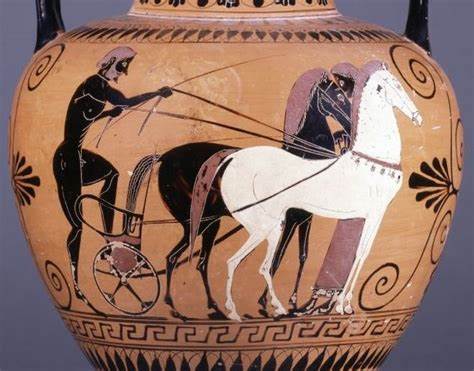
The Soul of Education, Part 2: Plato’s Immortal and Tripartite Soul
In the introduction to this series, we explained how our view of the soul, or nature of a human being, will necessarily impact our practice of education. In our modern world we are bombarded by so many competing views of the soul, both implicit and explicit, that we operate in a confused mess. From behaviorism…
-

Counsels of the Wise, Part 8: Aiming at the Intermediate or Aristotle’s Moral Virtues
We’ve traveled far in this series on restoring the forgotten goal of prudence or practical wisdom to our educational goals. We established the necessity of prudence alongside moral virtue as constituting the intellectual virtue that accompanies and regulates all the moral virtues by deliberating about what is good or bad for human beings. A Christian…
-

Classical Education and the Rise of A.I.
Since the early days of the classical education renewal movement, one of the primary distinctives of a classical education has been strong academics. Through books like The Well-Trained Mind and Recovering the Lost Tools of Learning, classical educators have sounded a clarion call back to a tradition that offers a challenging yet rewarding academic program…
-
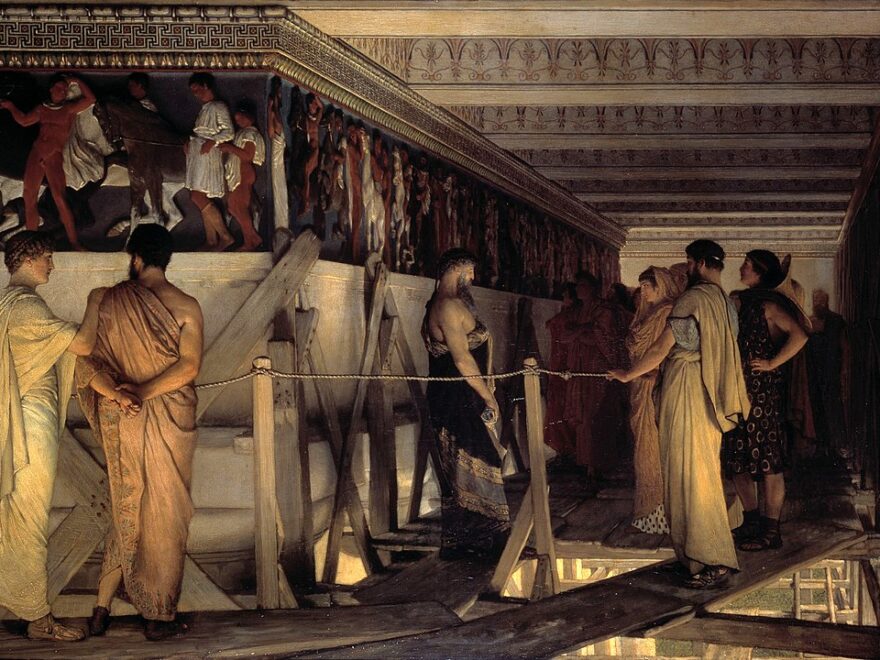
Counsels of the Wise, Part 7: Leadership, Liberal Arts, and Prudence
In the previous article we finally laid out a pedagogy for training students in prudence. While there are many preliminary actions that we can take to sow the seeds of prudence and provide for students’ good instruction from sources of moral wisdom, it is nevertheless true that the full acquisition of practical wisdom awaits a…
-
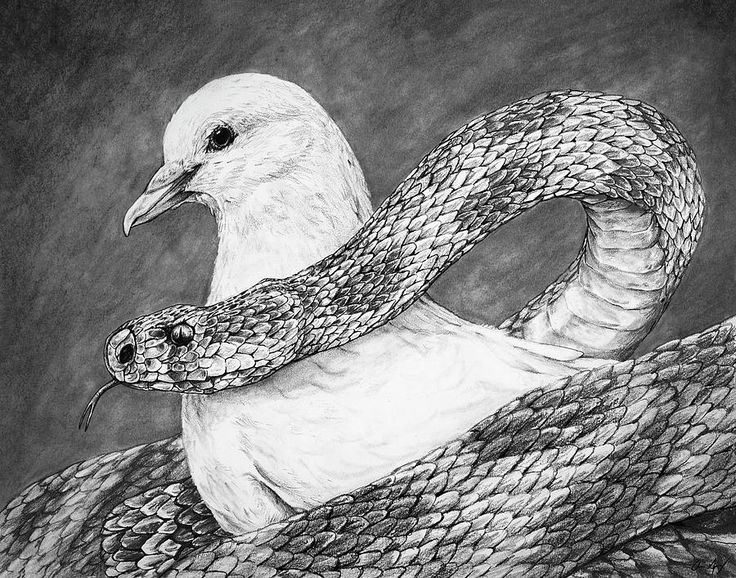
Counsels of the Wise, Part 4: Preliminary Instruction in Prudence
How does a person become wise? What are the proper ingredients in an educational paradigm aimed at prudence? Where would we even begin? So much of K-12 education seems to have nothing to do with practical wisdom, as Aristotle defines it. How do we recover the classical goals of wisdom and virtue in earnest, and…
-
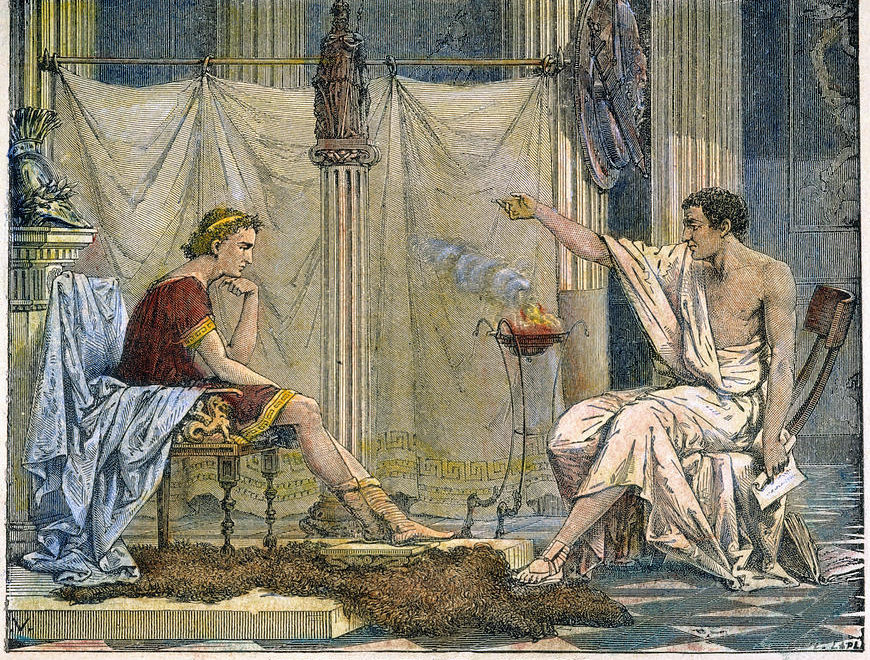
The Counsels of the Wise, Part 2: Why Reviving Moral Philosophy Is Not Enough
In The Liberal Arts Tradition: A Philosophy of Christian Classical Education (Version 2.0, Revised Edition), Kevin Clark and Ravi Jain argue for a recovery of the tradition of moral philosophy against the reductionism of the modern social sciences. Their account of the intellectual history that led to the replacement of this classical and Christian paradigm…
-

“Education is a Discipline”: Virtue Formation in the Classroom
“’Education is an atmosphere, a discipline, a life’––is perhaps the most complete and adequate definition of education we possess. It is a great thing to have said it; and our wiser posterity may see in that ‘profound and exquisite remark’ the fruition of a lifetime of critical effort (Charlotte Mason, Parents and Children, p. 33).…
-

To Save a Civilization, Part 1: Conditions for a Decline
Why did Rome fall? In our present age, this question may yield insights that extend beyond historical inquiry. Rome, in the ancient world, was not simply another European city. It represented the pinnacle of western civilization and the magnetic core of order. Rome embodied itself as both the trustee of culture and the key to…
-
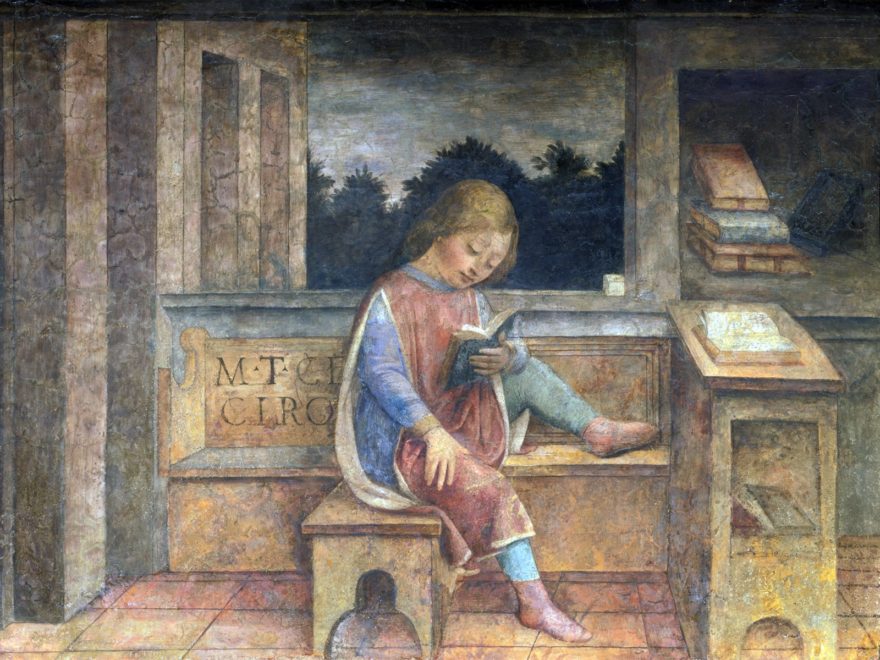
Renaissance Children: How Our View of Children Shapes Our Educational Aims
Perhaps no figure in Twentieth century America captured the idealization of childhood innocence better than Norman Rockwell. His paintings, appearing regularly on The Saturday Evening Post, often included children who evoked an innocence untouched by hard realities that grown ups experienced through the Great Depression and two World Wars. Consider the painting Marble Champion. This…
-

Irrigating Deserts in Schools: The Redemption of Emotion in an Age of Feeling
In a world of sensationalistic news, propaganda, and emotions running in overdrive, our students need specialized training in how to navigate life’s challenges with wisdom. Dorothy Sayers and C.S. Lewis, two favorites in the classical education renewal movement, offered different, but related, educational solutions to respond to emotive and misleading propaganda. Dorothy Sayers, known for…
